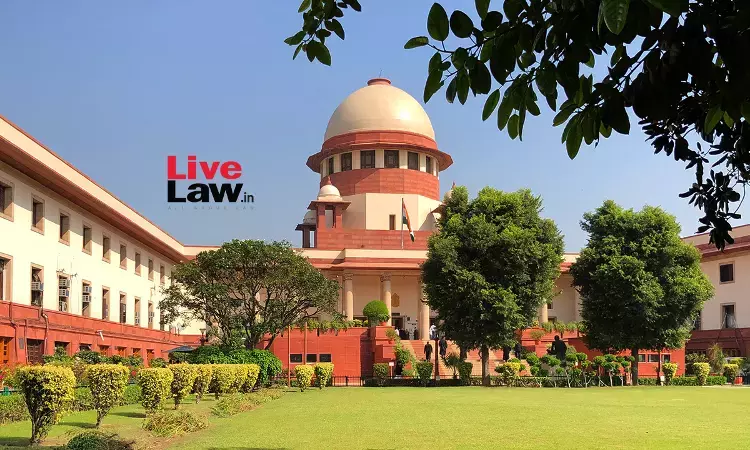By Judicial Order, High Court Cannot Render Advice : Supreme Court
Debby Jain
8 March 2024 12:24 PM IST

Next Story
8 March 2024 12:24 PM IST
While deprecating a High Court order for overlooking the long period of incarceration undergone by the petitioner, the Supreme Court recently reiterated that Courts cannot render "advice" through judicial orders and stayed a direction calling for a periodical report from Trial Court on the progress of trial."We are of the view that issuing such a direction amounts to interference with day to...
